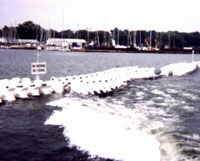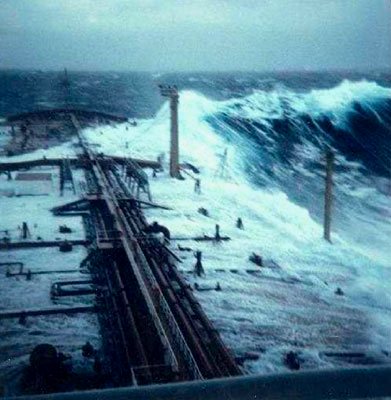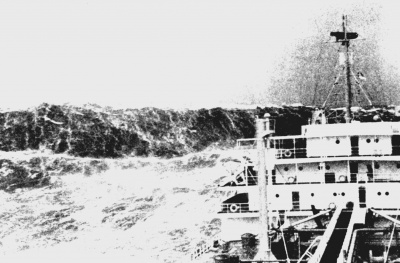Difference between revisions of "Waves"
| Line 1: | Line 1: | ||
[[Image:Whisprwave breakwater.jpg|thumb|The Palace of Westminster|200px|right|WhisprWave breakwater]] | [[Image:Whisprwave breakwater.jpg|thumb|The Palace of Westminster|200px|right|WhisprWave breakwater]] | ||
| − | * In [http://seasteading.org/seastead.org/ | + | * In [http://seasteading.org/seastead.org/book_beta/Waves.html the book] is a big section on waves. |
* Some background on [http://en.wikipedia.org/wiki/Ocean_surface_wave ocean surface waves] and also [http://www.seafriends.org.nz/oceano/waves.htm waves for oceanographers] | * Some background on [http://en.wikipedia.org/wiki/Ocean_surface_wave ocean surface waves] and also [http://www.seafriends.org.nz/oceano/waves.htm waves for oceanographers] | ||
* More background [http://www.seafriends.org.nz/oceano/waves.htm here]. | * More background [http://www.seafriends.org.nz/oceano/waves.htm here]. | ||
Revision as of 18:25, 21 March 2009
- In the book is a big section on waves.
- Some background on ocean surface waves and also waves for oceanographers
- More background here.
- A lot of math on breakwaters at artificialreefs.org.
- Breakwaters in the book.
- Floating breakwaters by WhisprWave.
- Clickets
- Opening and closing tubes
- A moored device (Patent)
- A lot more patents at FreePatentsOnline (free registration required to see pictures)
- Wikipedia Sea state - standard classifications for wave state
- Beaufort scale - scale for wind and waves
Rogue Waves
"There really is no such thing as a rogue wave. These larger than normal seas are the result of two wave trains coinciding at just the right moment for their energy to combine. When this happens the higher-than-normal crest is exposed to more wind force and absorbs additional energy. And if the wave happens to be unstable and breaks - because the rotating particles within the wave can no longer make it over the top - there will be a large mass of water falling downhill."
From "Surviving the Storm" by Steve & Linda Dashew, page 241.
See also
- Rogue waves
| Ocean Environment |
|---|
| General · Waves · Sea state · Currents · Wind · Politics · Piracy · Biofouling |


